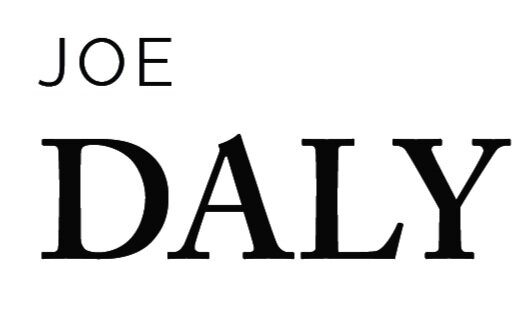Dissecting Sacred Cows: Why Pink Floyd’s “Dark Side Of The Moon” Is A Bloated, Overhyped Mess
In the great and tumultuous sea of classic rock, Pink Floyd's Dark Side Of The Moon is roundly hailed as a celestial body - a fixed point of brilliance in the vast and ever-shifting musical expanse. You can hardly swing a stuffed cat without hitting a music critic dourly proclaiming that it’s a wholly-unqualified masterpiece, a grand journey into the psyche of postmodern disillusionment. But among a grizzled caste of coal-eyed skeptics, lurking on the dusty fringe of music criticism, a sharp and surprisingly compelling counterpoint reckons that Dark Side Of The Moon is nothing more than a carefully orchestrated spectacle, dripping with pretense and dangerously close to being an opulent parody of itself.
Right out of the gates, Speak to Me presents itself not as a song, but a surreal sonic phantasmagoria. An overture of heartbeats, maniacal laughter, and cash registers? How many cliches can one pour into a song before it overflows? This sort of overwrought posturing, masquerading as incisive counterculture commentary, is simply bad for the collective sanity of humankind.
In Time, we are rudely bludgeoned about the head and chest region with the relentless tick-tocking of clocks — clearly calibrated for maximum audacity, like a heavy-handed metaphor in a freshman’s poetry. Of course, mortality isn’t exactly a groundbreaking theme. Scientists found musings on life and death on 30,000 year old cave paintings in France and doubtful anybody hailed those dudes as vanguards of existentialism This is the type of ham-fisted drivel that makes Jim Morrison sound like W.B. Yeats. It’s Pink Floyd passing off the obvious with a sense of penetrating insight.
Then comes Money, a song that's become the unwitting soundtrack for countless commercials and high school pep rallies. The cash register jingle, the 7/8 time signature, it all feels like a contrived attempt at being avant-garde. Yes, it's a critique of capitalism and the materialistic world, but the theme would feel infinitely more compelling coming from pretty much anybody other than a gaggle of young British millionaires flitting about the globe on private jets lamenting the greed of bankers. This song is the precise fixed point at which the band’s capacity for irony ends.
Breathe and The Great Gig in the Sky delve deeper into the human experience, with the latter often praised for its vocal improvisation. Yet, what some see as raw, emotive power, others might call fatuous wailing, reminiscent of a lounge singer who's had one too many and keeps repeating versions of the same line until he gets it right.
Brain Damage and Eclipse, the album’s conclusion, are perhaps its most salient points. Introspective forays into one’s descent into madness and the loss of self are timeless and universal, but here, they are packaged in such a dense cloak of psychedelia and bloated self-importance that it's easy to get lost in the haze.
Perhaps that’s precisely what the band intended — to raise these well-established themes in a clutch of polished pop songs and fit them out with just enough pomp and inscrutability that people might find it all novel and enlightening. But the line between genius and self-indulgence becomes exceedingly blurry and by the ebbing echoes of the final note, Dark Side Of The Moon has ended precisely where it began.
Of course, it would be remiss to ignore the technical prowess of the band. Musically, Gilmour's guitar work is nothing short of impressive, Wright's keys set a haunting ambiance and Waters’ and Mason’s rhythm section is both intricate and compelling. But musical ability isn’t necessarily synonymous with groundbreaking artistry.
For all its commercial success and its mark on the zeitgeist of the 70s, Dark Side Of The Moon seems to be an album that's more in love with its own reflection than anything else. It is a polished, meticulously-crafted piece of work, but beneath the shine and shimmer, one might find it lacking the gritty, authentic soul that defines truly transformative music. Like a drug trip, it takes you on a journey, but once the high fades, you're left wondering if it was profound insight or just hallucination.
**The “Dissecting Sacred Cows” series is intended as a thought exercise where I write about music, books and films that I personally love, and attack them from a critical point of view. This is not about hot takes or rote contrarianism but a simple and useful exercise in exploring contrary points of view. If I have written about something here, it’s because I think it’s pretty damned special.


